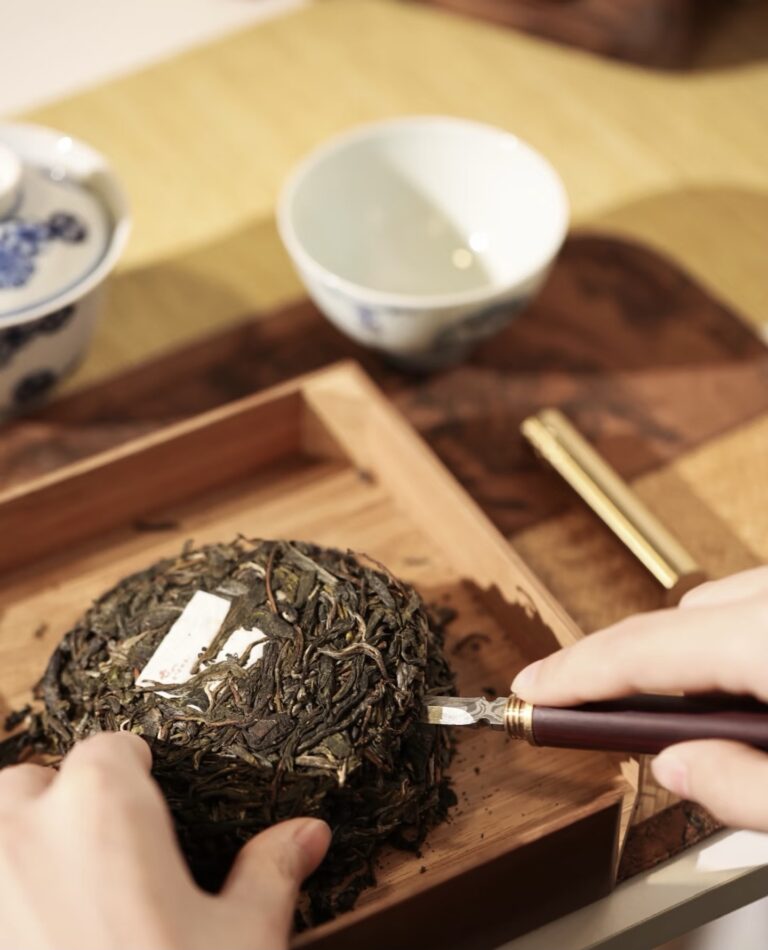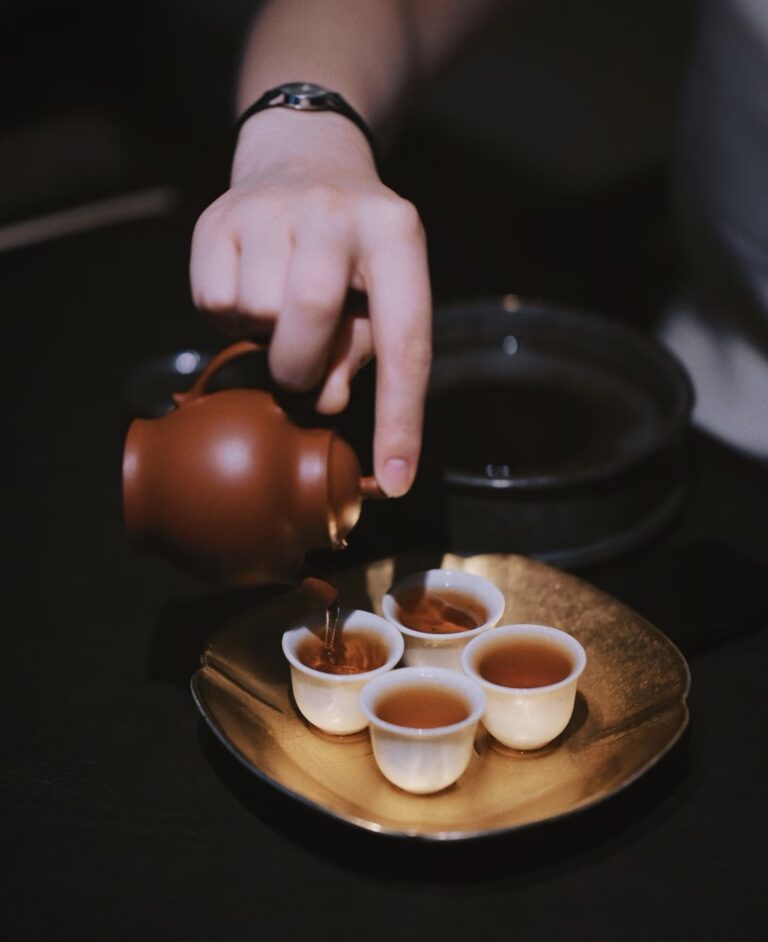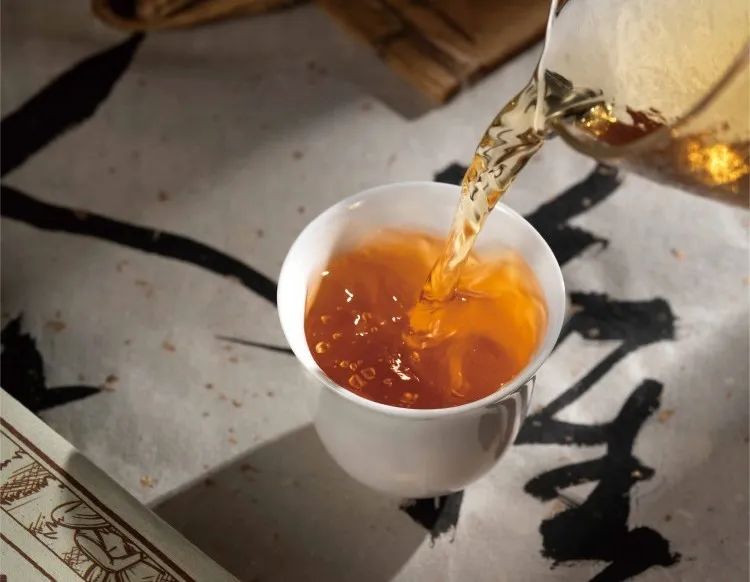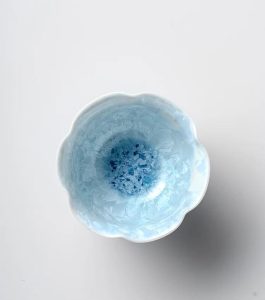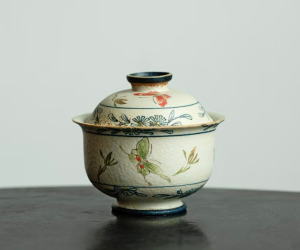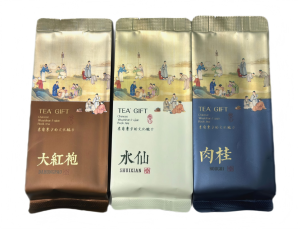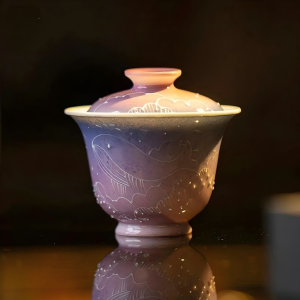
The Curiosity Behind Tea and Sleep
Tea is an integral part of many cultures, particularly in China, where it is often enjoyed during meals and throughout the day. However, many wonder: does drinking tea at dinner affect sleep? In Chinese culture, tea, especially after meals, plays a significant role in digestion and relaxation. Yet, for some, the thought of consuming tea late in the evening raises concerns about whether it could disrupt their sleep patterns.
This article delves into the science of tea, the role of caffeine, and cultural insights to explore how drinking tea, particularly in the evening, may influence sleep. We’ll also recommend a few tea options that are not only beneficial for your health but also unlikely to disturb your sleep.
The Science of Tea: How It Affects Sleep
Key Compounds in Tea
Tea contains a variety of compounds that can influence the body in different ways, the most notable of which is caffeine. Caffeine is a natural stimulant that blocks adenosine, a chemical in the brain that promotes sleep. As a result, drinking tea that contains caffeine late in the day can make it harder to fall asleep or reduce sleep quality. However, tea also contains theanine, an amino acid that promotes relaxation and reduces stress. This can counterbalance some of the stimulating effects of caffeine, making tea a more complex beverage when it comes to sleep.
Caffeine Levels in Different Types of Tea
Not all teas are created equal when it comes to caffeine content. The caffeine levels in tea vary greatly depending on the type of tea and how it is processed. Here are some general guidelines:
High-caffeine teas: Tea varieties with young buds, such as Baihao Yinzhen (White Silver Needle), tend to have higher caffeine content. Similarly, green teas like Longjing can also be quite high in caffeine.
Low-caffeine teas: On the other hand, teas like Tieguanyin (Oolong) or Pu erh tea, especially ripe pu erh (熟普洱), contain lower amounts of caffeine. These teas are often better suited for evening consumption as they are less likely to interfere with sleep.
While caffeine is often the main concern for sleep disruption, ripe pu erh tea is known for its lower caffeine content due to the fermentation process, which makes it a good choice for a nighttime beverage.
Why Do Chinese People Drink Tea After Dinner?
In China, it’s a long-standing tradition to drink tea after meals. Tea is considered an aid to digestion, helping to cleanse the palate and improve digestion. Additionally, certain types of tea, especially fermented teas like ripe Pu-erh, are believed to help with digestion and balance the body’s internal systems. The habit of drinking tea after dinner is a cultural practice rooted in centuries of tradition.
However, not all teas are suitable for evening consumption. The choice of tea matters, especially if you plan on drinking it close to bedtime. Ripe Pu Erh and other low-caffeine teas are often favored in the evening for their ability to support digestion and promote relaxation without causing sleep disturbances.
Regional and Generational Differences
While drinking tea after dinner is common across China, habits can vary by region. In southern regions of China, where tea culture is particularly strong, people are more likely to drink tea throughout the day and evening. Generational differences also come into play—older generations may prefer traditional teas such as ripe Pu-erh for their calming effects, while younger people might gravitate toward a wider variety of teas, including those with higher caffeine content.
Individual Differences: Sensitivity to Caffeine
It’s important to note that caffeine’s effects on sleep can vary from person to person. Some people are naturally more sensitive to caffeine, while others may have a higher tolerance. Factors such as genetics, age, and health can influence how your body reacts to caffeine.
- Genetics: Some people metabolize caffeine more slowly than others, meaning they may feel more awake and alert after consuming it, even hours later.
- Age and Health: As people age, their metabolism tends to slow down, which means they may be more sensitive to caffeine. Additionally, individuals with certain health conditions may also find that caffeine disrupts their sleep more easily.
- Frequency of Consumption: People who drink tea regularly may develop a higher tolerance to caffeine over time, so the effects on sleep may be less pronounced for them compared to occasional tea drinkers.
For those who are particularly sensitive to caffeine, choosing low-caffeine teas like ripe Pu-erh is a sensible option for evening tea.
Choose the Right Tea
When selecting tea for dinner or before bed, opt for varieties with lower caffeine content. Ripe Pu Erh Tea is an excellent choice because of its mild caffeine levels and its ability to support digestion and relaxation. Other good options include Tieguanyin (Oolong) and chamomile tea, which is caffeine-free and known for its calming properties.
Time Your Tea Wisely
The timing of your tea consumption can also affect your sleep. Aim to drink tea at least an hour after your meal, allowing your body to focus on digestion. Avoid drinking tea right before bed, as even low-caffeine teas may still have a stimulating effect on some people.
Consider Alternatives
If you are particularly sensitive to caffeine or simply prefer not to drink tea at night, consider alternatives such as herbal teas (like chamomile or valerian root). These teas have no caffeine and are known to promote relaxation and sleep. Warm milk or honey water are soothing options that can help prepare your body for rest.
Debunking Myths: Is It a Cultural Stereotype?
In the West, there’s often a stereotype that drinking tea at night, especially after dinner, disrupts sleep. However, this generalization does not always hold, especially considering the wide variety of available teas. Ripe Pu erh tea and other low-caffeine teas are widely consumed in China after meals without disrupting sleep. They are often seen as beneficial for digestion and relaxation.
Cultural differences should not overshadow the fact that tea is a versatile beverage with both stimulating and calming varieties, depending on the choice of tea and individual preferences.
Finding Harmony Between Tea and Sleep

In conclusion, whether tea disrupts sleep depends largely on the type of tea consumed, the timing of consumption, and the individual’s sensitivity to caffeine. Teas like ripe pu erh are great choices for evening enjoyment, offering both health benefits and a relaxing experience without interfering with sleep. By making mindful tea choices, you can embrace the rich tradition of tea drinking without sacrificing a good night’s rest.
If you’re looking for a perfect tea to wind down after dinner without worrying about sleep disruptions. Savor FONG’S TEA handpicked Ripe Pu Erh Tea, is expertly crafted to provide both health benefits and a peaceful night’s rest.

